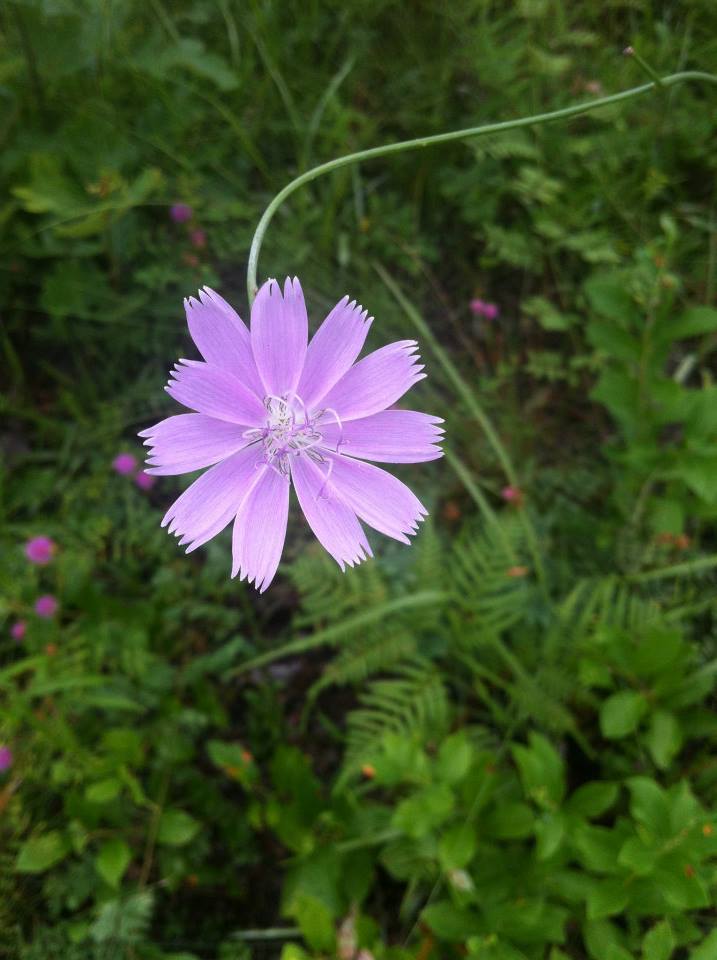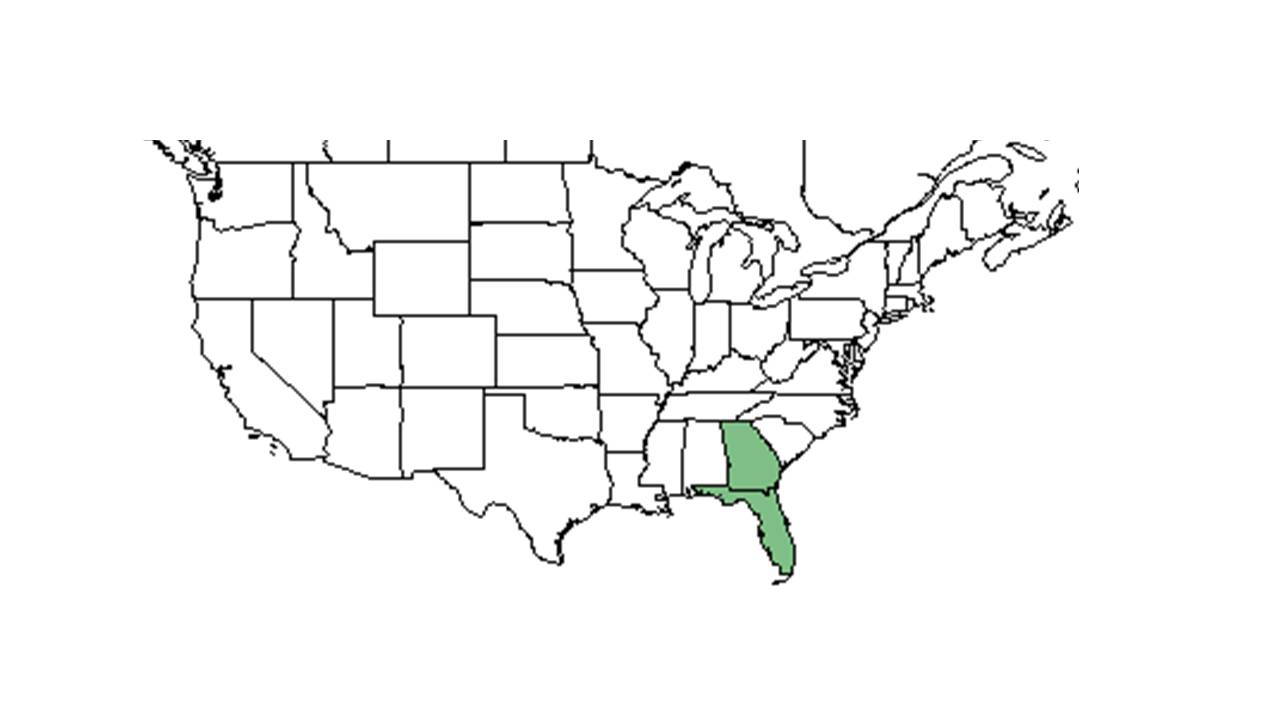Difference between revisions of "Lygodesmia aphylla"
(→Pollination) |
(→Description) |
||
| Line 19: | Line 19: | ||
==Description== | ==Description== | ||
<!-- Basic life history facts such as annual/perrenial, monoecious/dioecious, root morphology, seed type, etc. --> | <!-- Basic life history facts such as annual/perrenial, monoecious/dioecious, root morphology, seed type, etc. --> | ||
| + | Common name: rose rush | ||
| + | |||
==Distribution== | ==Distribution== | ||
==Ecology== | ==Ecology== | ||
Revision as of 12:30, 6 July 2015
| Lygodesmia aphylla | |
|---|---|

| |
| Photo taken by Michelle M. Smith | |
| Scientific classification | |
| Kingdom: | Plantae |
| Division: | Magnoliophyta - Flowering plants |
| Class: | Magnoliopsida – Dicotyledons |
| Order: | Asterales |
| Family: | Asteraceae ⁄ Compositae |
| Genus: | Lygodesmia |
| Species: | L. aphylla |
| Binomial name | |
| Lygodesmia aphylla (Nutt.) DC. | |

| |
| Natural range of Lygodesmia aphylla from USDA NRCS Plants Database. | |
Contents
Description
Common name: rose rush
Distribution
Ecology
Habitat
Florida scrub community (Archbold Biological Station)(Deyrup et al 2002).
Phenology
Seed dispersal
Seed bank and germination
Fire ecology
Pollination
Mark Deyrup at Archbold Biological Station observed these Hymenoptera species on Lygodesmia aphylla:
Halictidae: Augochlorella aurata
Use by animals
Deyrup observed this bee, Augochlorella aurata, on L. aphylla (Deyrup et al 2002). Fire ants are not interested in the seeds of L. aphylla (Cumberland et al. 2013).
Diseases and parasites
Conservation and Management
Cultivation and restoration
Photo Gallery
References and notes
Cumberland, M. S. and L. K. Kirkman (2013). "The effects of the red imported fire ant on seed fate in the longleaf pine ecosystem." Plant Ecology 214: 717-724.
Deyrup, M. J. E., and Beth Norden (2002). "The diversity and floral hosts of bees at the Archbold Biological Station, Florida (Hymenoptera: Apoidea)." Insecta mundi 16(1-3)